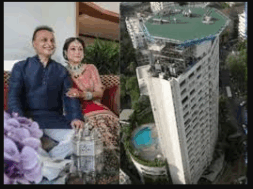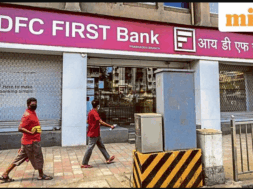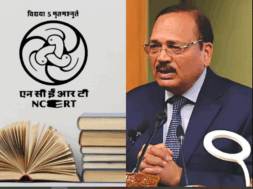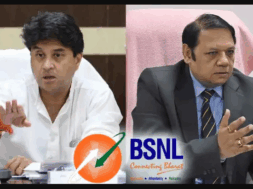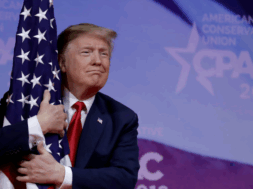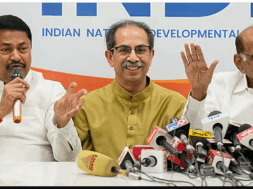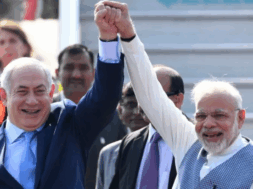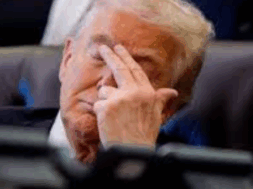
Manas Dasgupta
NEW DELHI, Mar 15: The Election Commission of India (ECI) will announce the dates of the Lok Sabha elections and four state Assemblies on Saturday.
The ECI in a brief statement posted on X on Friday said the Lok Sabha election dates would be announced at 3 P.M. on March 16 at a media conference to be held in New Delhi. The conference would be streamed live on the social media.
The dates of elections to four state Assemblies, due to go to polls simultaneously with the Lok Sabha, would also be announced along with the Parliamentary elections dates on Saturday, it said. The four states scheduled to go to the polls with the Lok Sabha are Andhra Pradesh, Arunachal Pradesh, Odisha and Sikkim.
In a first, the poll panel has given 24-hour notice of a press conference to announce voting dates, polling phases, and other details, including deployment of security personnel in states where post-poll violence and clashes with Maoist or rebel forces is a factor that needs to be considered. The 2019 elections were held over seven phases from April 11 to May 19, with results declared four days later.
The ECI’s pre-announcement comes a day after two new Election Commissioners were inducted, after the retirement of Anup Chandra Pandey in February and Arun Goel’s surprise resignation last week. Former IAS officers Gyanesh Kumar and Sukhbir Singh Sandhu have been named to the panel. They took over charge of their new offices on Friday and later attended a meeting convened by the Chief Election Commissioner Rajiv Kumar to discuss the election preparations.
The nomination of Mr Kumar and Mr Sandhu was challenged by the Association for Democratic Reforms, a non-partisan organisation working on electoral and political reforms. The ADR, which also petitioned the top court in the electoral bonds issue had sought a stay on the two appointments, challenging the decision to exclude Chief Justice DY Chandrachud from the selection panel.
The top court – which was hearing the petition as the ECI posted its tweet – has refused to stay Mr Kumar and Mr Sandhu’s appointment, and said the matter will be heard next on March 21.
Under current laws, Election Commissioners are appointed by the President based on the input of a three-member panel chaired by the Prime Minister. The panel also includes a Union Minister and the Leader of the Opposition in the Lok Sabha, which is currently the Congress’ Adhir Chowdhury.
In March 2023, however, the Supreme Court had said the panel should consist of the Prime Minister, the Leader of the Opposition, and the Chief Justice. However, in an addendum seen by many as giving the government an out, the court said the order would remain till passage of a law that said otherwise.
In December the government passed a law that establishes a new mechanism – swapping the Chief Justice for a Union Minister – to appoint all, or any one, of the three election commissioners. The poll panel is headed by the CEC.
The ECI had completed its national survey of poll preparedness in every State, ending its survey with a tour of Jammu and Kashmir this week. Regional and national parties have already begun announcing their candidates for the elections to the 543 Parliamentary constituencies.
With the announcement of the election dates on Saturday, the Model Code of Conduct (MCC) which establishes norms for political parties and candidates to create a “level playing field,” will come into force all over the country until the announcement of results. This would significantly alter the normal functioning of the government.
Under the Model Code of Conduct, ministers and other authorities are prohibited from announcing any financial grants or making promises thereof once the elections are announced, the election panel’s guidelines say.
After Lok Sabha election dates are announced, they are also restricted from laying foundation stones or initiating projects or schemes of any kind, except civil servants.
Promises related to the construction of roads, provision of drinking water facilities, etc., are not permitted during this period. • Ad-hoc appointments in government or Public Undertakings that could influence voters in favour of the ruling party are also prohibited.
With the announcement of the Lok Sabah election schedule, ministers and other authorities cannot sanction grants or payments from discretionary funds. Official visits shall not be combined with electioneering work, and the use of official machinery or personnel for electioneering is strictly prohibited.
Government transport, including official aircraft, vehicles, machinery, and personnel, cannot be used to further the interests of the ruling party during elections. Public places like maidens for holding election meetings and helipads for air flights must be accessible to all parties and candidates on the same terms and conditions.
Rest houses, dak bungalows, or other government accommodations should not be monopolised by the ruling party or its candidates, the ECI says. But using them as campaign offices or for holding public meetings for election propaganda by any party is prohibited, the poll body adds.
The Election Commission of India prohibits the issue of advertisements at the cost of public exchequer in newspapers and other media during the election period. Misuse of official mass media for partisan coverage of political news and publicity regarding achievements to favour the ruling party should be strictly avoided.
The MCC does not have legal enforceability on its own. Nevertheless, specific provisions within it may find enforcement through corresponding clauses in other statutes, including the Indian Penal Code of 1860, the Code of Criminal Procedure of 1973, and the Representation of the People Act of 1951. Additionally, the ECI holds authority under paragraph 16A of the Election Symbols (Reservation and Allotment) Order of 1968 to suspend or withdraw a party’s recognition.



